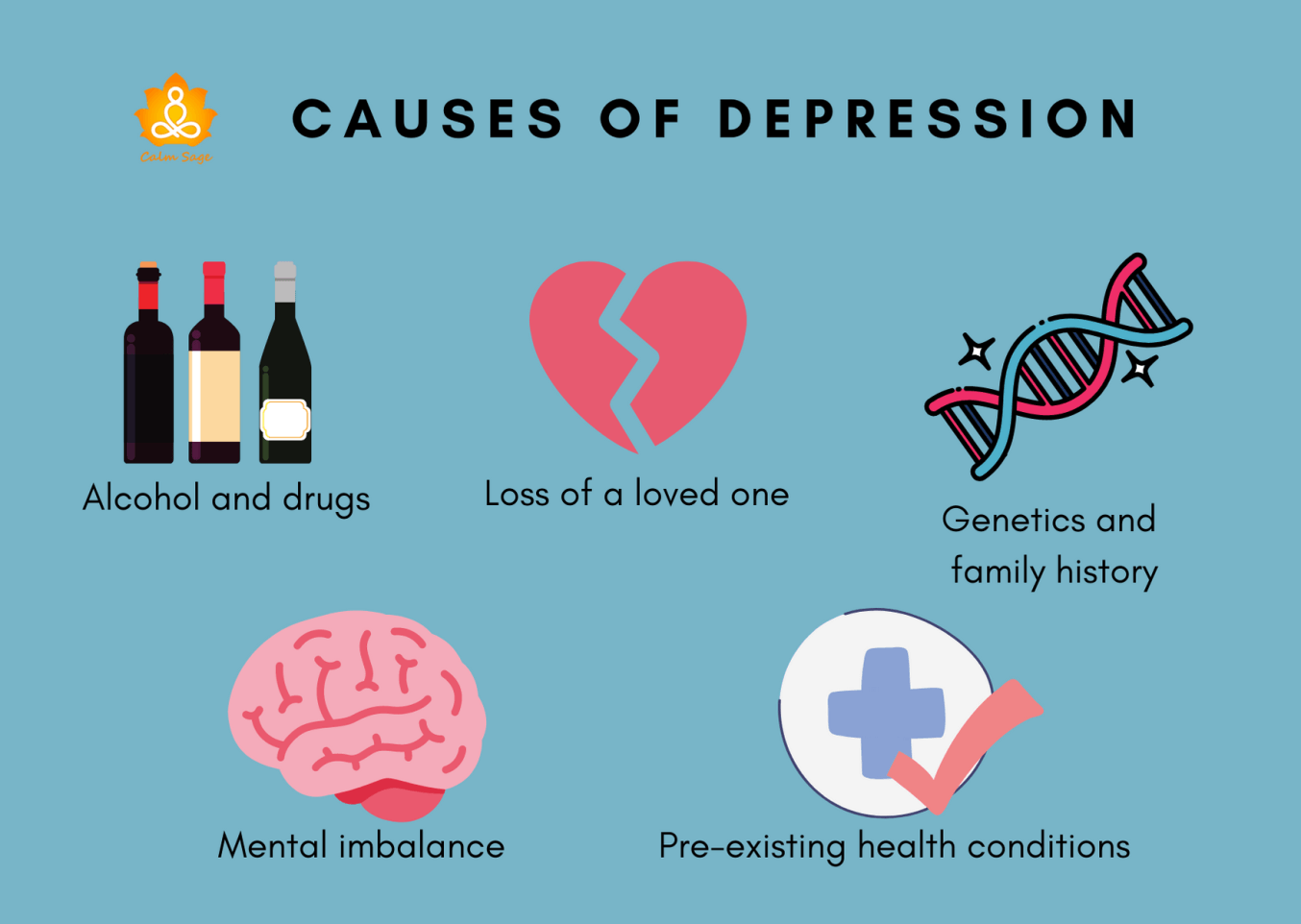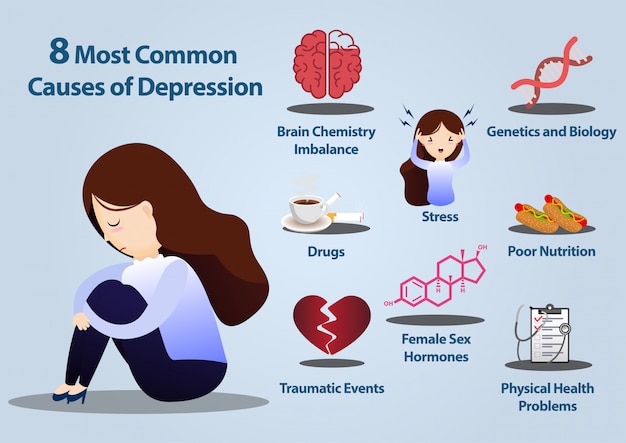Severe depression can cause us to biologically age more by increasing the aging process in cells

Severe Depression Can Cause Biological Aging in Cells

Depression, a debilitating mental health condition affecting millions worldwide, has long been recognized for its negative impact on emotional well-being. However, recent research has shed light on an alarming association between severe depression and accelerated biological aging. According to a study published in the renowned scientific journal The Independent, scientists have found evidence that links depressive symptoms to an increased aging process within our cells, leading to premature aging.
Numerous scientific studies have shown that mental health directly affects physical health. Depression, being a significant contributor to overall mental health decline, is known to manifest itself in various physical symptoms. While previous research primarily focused on the psychological impact of depression, the recent study dives deeper into the biological consequences of this mental disorder.

The study examined the DNA of over 2,400 participants, analyzing the telomeres within their cells. Telomeres, the protective caps at the ends of chromosomes, shorten naturally as we age. However, individuals experiencing severe depressive symptoms exhibited considerably shorter telomeres than those without depression. The shortening of telomeres is typically associated with cellular aging and has been linked to various age-related diseases, including cancer, heart disease, and cognitive decline.
These findings suggest that chronic depression may accelerate the aging process on a cellular level. The biological impact of depression may explain why individuals with severe depressive episodes experience a higher risk of age-related illnesses. This breakthrough study highlights the importance of addressing depression as not just a mental health concern, but also as a physical health issue.
While the exact mechanisms behind this association between depression and cellular aging require further investigation, scientists propose several potential explanations. It is speculated that the chronic inflammation and oxidative stress resulting from depression contribute to shortened telomeres and subsequent cellular aging. Additionally, unhealthy lifestyle behaviors such as poor diet, inadequate sleep, and lack of physical activity often accompany depression and may further enhance the aging process.
Recognizing the impact of depression on biological aging provides a valuable perspective for healthcare professionals, individuals battling depression, and society as a whole. By understanding the biological consequences, we can emphasize the importance of early intervention and comprehensive treatment approaches to mitigate the potential long-term effects of depression on overall health and well-being.
In conclusion, severe depression has been scientifically linked to accelerated biological aging, as evidenced by the shortened telomeres observed in individuals experiencing depressive symptoms. This research serves as a reminder of the far-reaching consequences of depression and stresses the need for holistic interventions to address both the mental and physical aspects of this complex condition. By deepening our understanding of the connection between depression and cellular aging, we move closer to developing effective preventive measures and tailored treatments to improve the quality of life for those affected by this pervasive mental health condition.
Share
Related Posts
Quick Links
Legal Stuff

